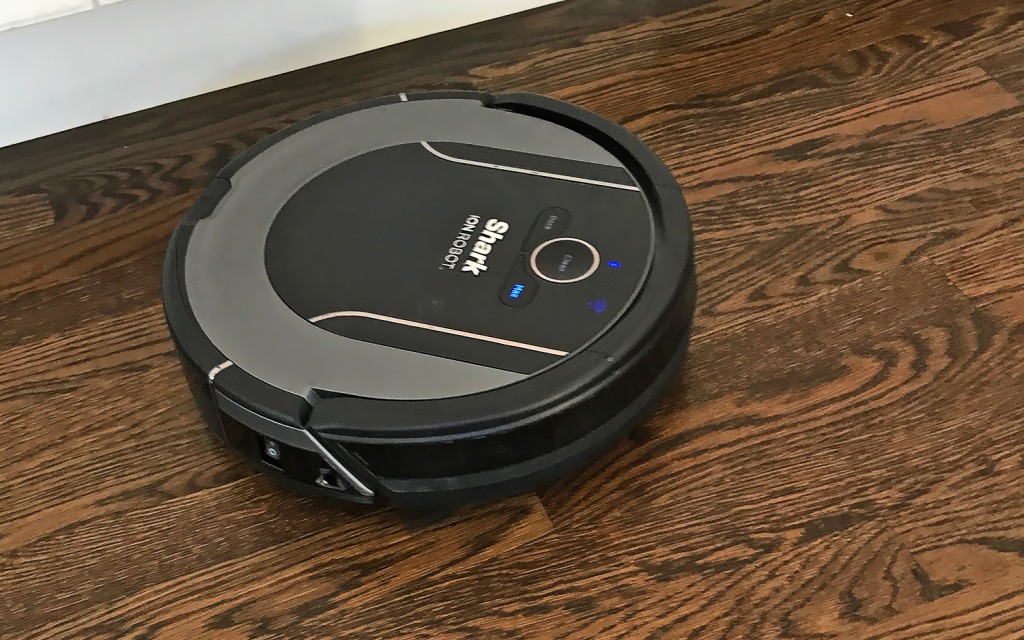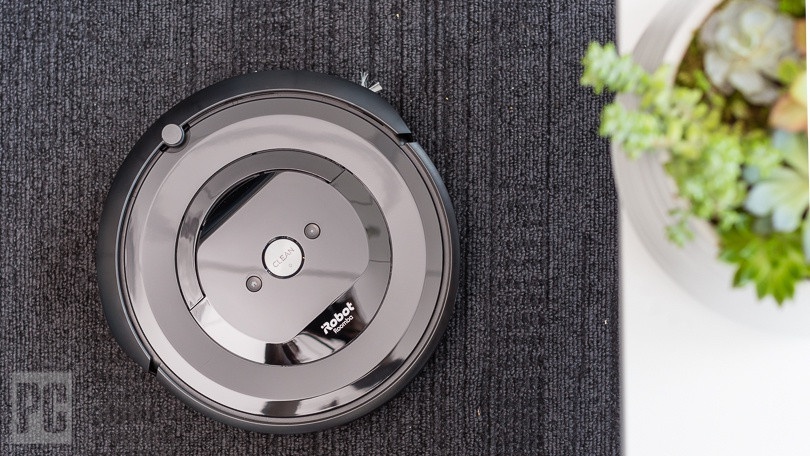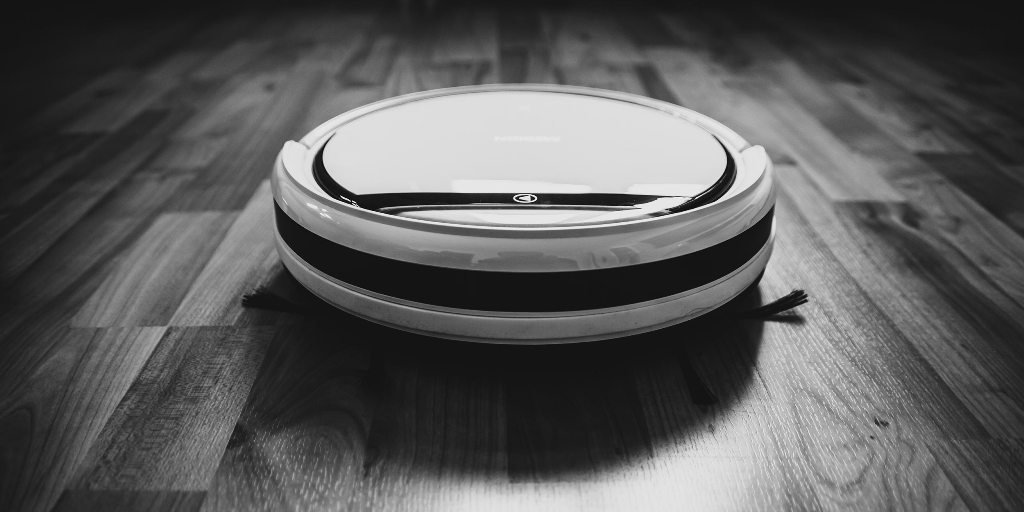The seemingly endless innovation on the smart home front has made it easy for us to forget the first robot vacuum cleaners to enter the scene. These were little robot helpers from the Roomba lineage, which started hitting the market right after the turn of the 21st century.
These innovative robot vacuums began making waves among consumers almost immediately thereafter, thanks to their state-of-the-art features that introduced a whole new approach to vacuuming.
Of course, it wasn’t long after that Shark, their ultimate rival and across-the-board provider of vacuums, released their own line of robot vacuum cleaners. So, which has the better VacBot Cleaner?
Differences on the Surface
If you are on the market for robot vacuums, you have likely heard about Roomba and Shark. They are both successful manufacturers of these devices with a range of models to offer. Still, many want to know which of them is superior.
Arriving at that answer requires us to look at their differences. Which product offers better value for money? You will also need to assess durability, efficiency, frequency of emptying, and cost.

Roomba
Here are what most Roomba robot vacuums offer:
Pros:
- Wide range of features
- Superior navigation
- Leading providers in the industry
- Outstanding performance
- Excellent run-time
- Offers self-emptying models
Cons:
- Expensive
- Heavy
Shark
On the other hand, here’s what you will get from Shark robot vacuums:
Pros:
- Cost-effective
- Excellent performance
- Strong suction
- They have models that are self-emptying
- Offers vacuums across the board, including ones that are non-robot
- Lightweight
Cons:
- Higher noise level
- Weaker suction
Based on this quick overview of features, Roomba clearly holds the edge over Shark in almost all aspects. Their models are generally more advanced and robust, with slightly better run times. Roomba also has the upper hand in terms of innovation, with most of their models offering state-of-the-art features.
Of course, this isn’t to say that Shark should be completely discounted. Those on a budget can rely on the manufacturer to provide top-notch, great-value options, particularly for smaller spaces.
The Nitty-Gritty
Our superficial view of Roomba vs. Shark was just one of two aspects to consider in our goal to determine a winner. The second, and arguably more important, angle to check out is the inner workings of both contraptions.
Let’s find out if the Roomba still holds ascendancy where the very essence of these machines is concerned.
1. Brush Features
Compared to the Roomba, Shark robot vacuums generally have a wider cleaning path, which can be more effective in picking up dirt and debris. This is all thanks to its single, long brush roll. Combined with the host of impressive features Shark is known for, you have a bot vacuum that sucks pet hair and debris effortlessly.
Another stand-out feature of these Shark bots is the self-cleaning roll, which prevents long hairs and pet hair from getting stuck on the brush. Sharks also have two-sided brushes, while Roombas have only one. The two sides are mainly for capturing dirt in hard-to-reach corners, but they can also be useful for leading them towards the main suction path.
In Roomba’s case, rollers come in two counter-rotating brushes that sweep dirt from dual angles, effectively removing them from your sight. When used in conjunction with strong suction typically found in higher-end models, you can achieve optimal cleaning outcomes.
Where brush features are concerned, these Shark and Roomba vacuums are neck and neck. However, when you put the higher-end Roomba models into play, Roomba reigns supreme.

2. Run Time
When it comes to run time, Shark tends to have the advantage for cleaning smaller apartments or spaces. That is because their 60-minute run time may allow you to get the whole thing done in a single sitting.
On the other hand, larger spaces and bigger homes require the longer running times and auto-resume features of Roomba models. It is for this reason that Roomba maintains its ascendancy over Shark in this area. It generally lasts longer and uses more innovative technology to detect the power required to clean a specific dirt level.
3. Suction Power
When talking about vacuums, cleaning performance is almost always synonymous with suction power. Naturally, you want a device that allows you to give your home a deep clean. In these scenarios, Shark usually gets the job done better than Roomba.
While some higher-end Roomba models can hold their own against Shark bots in terms of suction power, their more sophisticated technology may take the power down a notch or two, depending on the dirt levels.
The Shark and Roomba Are Both Great Options
The content may suggest Roomba being the dominant brand, but, in reality, both brands are excellent partners for taking on the world of automated vacuuming. Whether you select a version that empties manually or automatically or is controlled by app or voice, a vacuum robot will make day-to-day cleaning tasks more efficient and fulfilling. You can rely on both the Shark and Roomba to provide you with such an experience.






